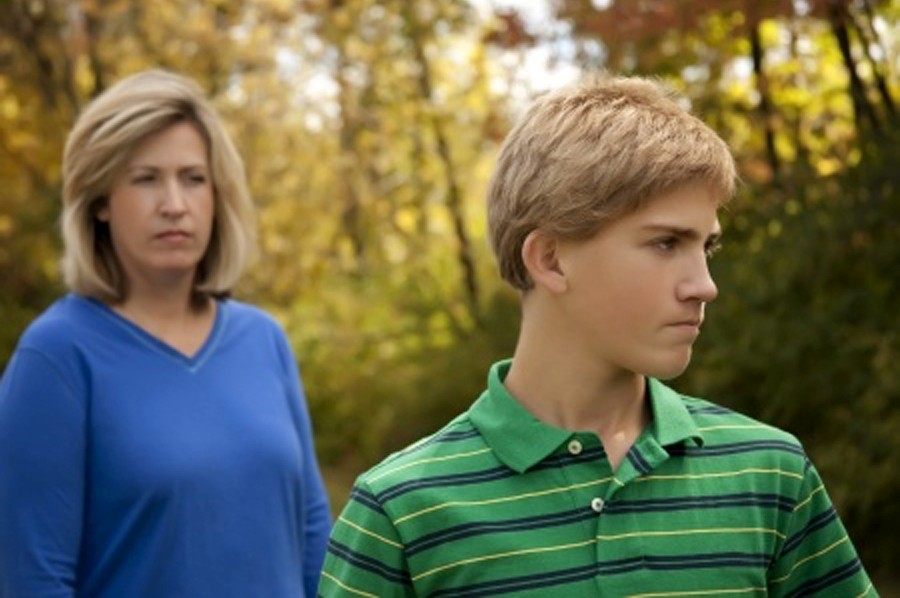Sorry to disappoint the school children of the world, but the three Tsimhoni children just won “How I Spent My Summer Vacation.” When classes start again in the fall, they will be able to entertain their classmates with the report, “I Spent My Summer Vacation in Jail” (that is, if they’re released by the new school year). Based on comments by Michigan state Judge Lisa Gorcyca of Oakland County Circuit Court, the three siblings may be in for a long stay at the big house. She told the oldest son, Liam Tsimhoni, 14 years old, that he would remain in detention until he graduated high school if he continues to violate court orders.
How did the Tsimhoni children, ages 9, 10, and 14, end up in jail? Is their assigned judge, Justice Gorcyca, just another ‘tough on crime’ juvenile court judge?
In an unusual twist, Justice Gorcyca is actually a family court judge, and this situation is the result of a bitter divorce and five year custody battle between the children’s parents.
Here’s how it happened: During a custody hearing in early July, Justice Gorcyca asked each of the children to have lunch with their father that day in the court cafeteria. As each refused, she found them guilty of civil contempt and ordered them immediately taken into custody. The children were dramatically removed from the court room and transferred to Children’s Village, a maximum security detention center for juvenile offenders. The judge ordered no contact between the children and their mother, any members of her side of the family, or each other.
The Tsimhoni kids remained in detention at Children’s Village for nearly two weeks. Judge Gorcyca then dismissed the civil contempt charges and released the children to an undisclosed summer camp. She has ordered the kids to remain at the summer camp, with no contact from either parent, until the custody issue is resolved.
Compared to the Charles Manson Family?
As this custody battle gained the attention of the national media, many news outlets have commented on the judge’s exchanges with the children during the hearing. In one of the most shocking statements, Judge Gorcyca compared the children to the Charles Manson Family. She told them they had all been brainwashed and one day they would look back and realize how wrong they were and apologize to their father. After finding the oldest son in contempt, she said she wouldn’t review his case until he stopped acting like a member of the Charlie Manson cult.
Judges are of course prohibited from speaking to the media while a case is ongoing, so Judge Gorcyca is not able to defend her actions in public. However, it is very clear that parental alienation is a huge factor in this case.
Is Parental Alienation Real?
Parental alienation describes a severing of the emotional bond between child and parent. Instead of the usual close and warm relationship, the child becomes detached and starts rejecting the parent. As the situation worsens, the child may refuse and strongly resist any contact with the alienated parent.
In the context of family law, charges of parental alienation are sometimes made against the parent with primary custody. The common complaint is that the mother has turned the children against the father by telling them that he is a terrible or even dangerous person. As a result of her continuous negative comments, the children now see their father as a person who should be avoided and no longer want to spend weekends with him.
The concept of parental alienation has long been seen by family courts in the United States as a very real and persistent threat to parental rights. Many in the legal community even describe it as a form of child abuse. Judges usually take strong and aggressive action at any hint either parent is attempting to alienate the children. A very high value has been placed on protecting parental custody rights in the legal system.
Some commentators have questioned whether it is time to reevaluate the acceptance of parental alienation by family courts. They point to the fact that while it is accepted by the majority of the legal system, it has very low acceptance in the medical community. Very minimal research has been conducted on the medical condition of parental alienation disorder. While it has existed as a legal concept since as early as 1976, both the American Psychiatric Association and American Psychological Association have rejected it as an actual clinical diagnosis. It was also rejected as recently as 2013 for inclusion in the Diagnostic and Statistical Manual of Mental Disorders.
Whatever the ultimate resolution of the the Tsimhoni custody battle, one thing is clear: it is far better for parents to quickly and peaceably resolve matters outside of court than have a judge throw your children in jail because you can’t agree.


